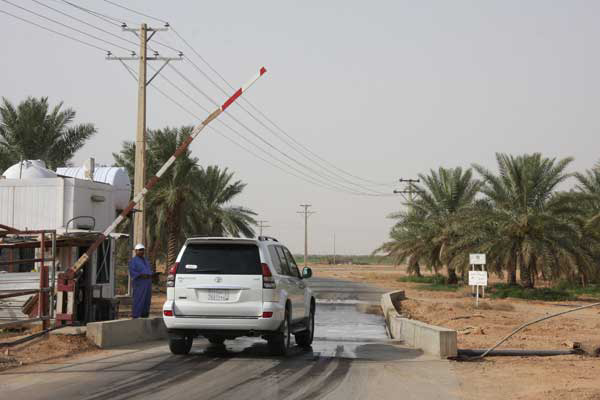Adequate farm biosecurity to prevent Campylobacter

Researchers in Brazil studied the frequency and level of contamination by Campylobacter spp in poultry carcasses collected from poultry processing plants from Southern Brazil.
Campylobacter is a zoonotic agent that represents an important public health problem and which is nowadays recognised as an emerging foodborne pathogen, widely distributed in the poultry industry around the world.
The incidence of reported human gastrointestinal infections is caused mainly by thermophilic Campylobacter in the European Union and The United States and has been continuously increasing in recent years, being poultry meat an important source of infection.
The study
Fifty-four poultry carcasses were collected post-chiller from a federally inspected slaughterhouse and were rinsed in buffered peptone water. From each sample, rinsed water was examined under laboratory conditions. Campylobacter spp. was isolated in 40 (70,2%) out of 54 carcasses. The most prevalent species was C. jejuni (82%), followed by C. coli (8%). There was simultaneous identification of C. jejuni and C. coli in 10% of the samples.
The results of this study show a high prevalence of Campylobacter spp., isolated from carcasses, especially C. jejuni. These findings indicate a need to improve the biosecurity in farms as well as the adoption of measures in slaughtering plants, in order to reduce cross contamination. These data emphasize the importance of monitoring foodborne pathogens such as Campylobacter and the constant need to improve the production chain as to reduce carcass contamination.
Source: Gustavo Perdoncini and co-workers, Federal University of Rio Grande do Sul, Porto Alegre, RS, Brazil
Proceedings of the 2014 International Poultry Scientific Forum, Atlanta, GA USA













